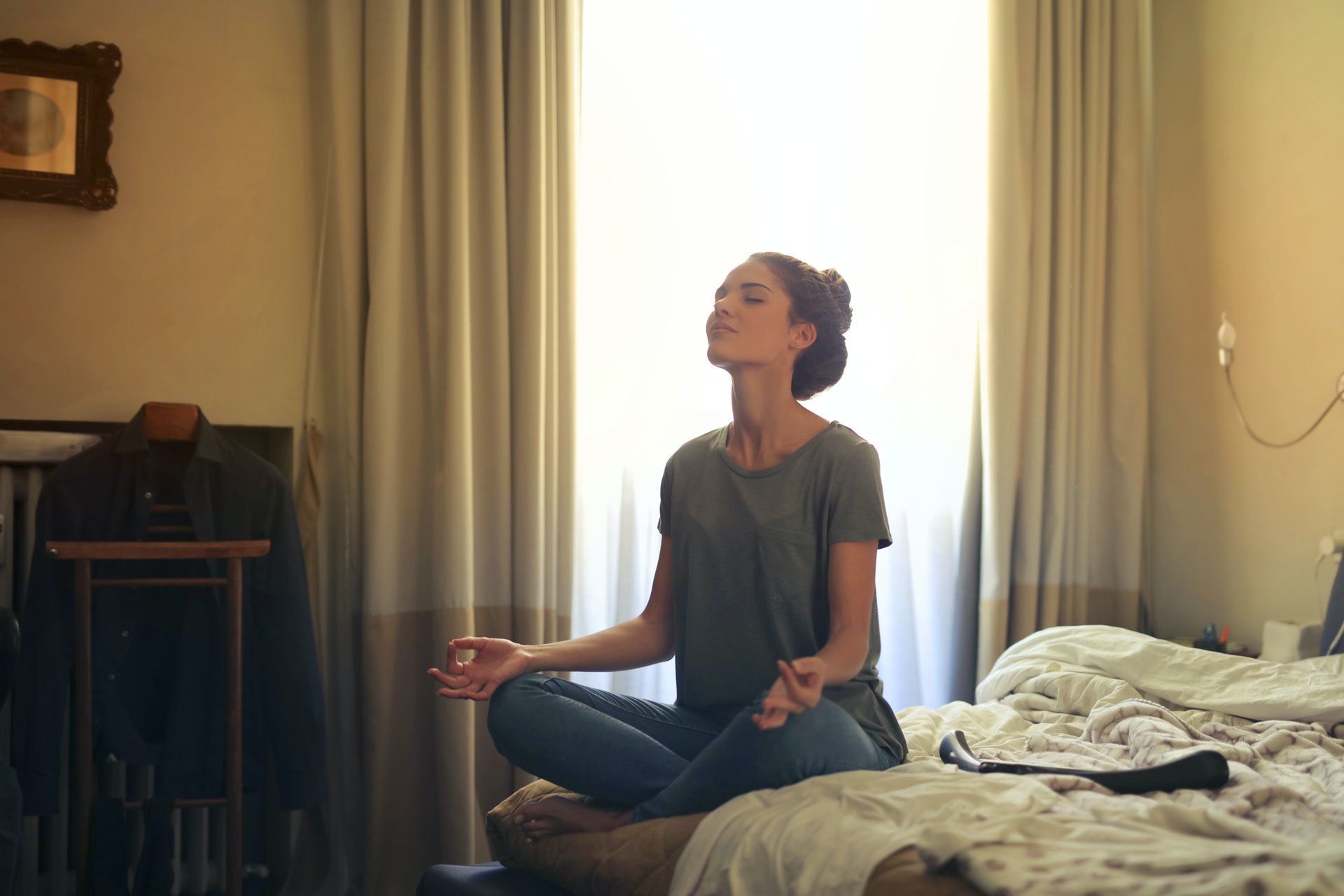
A sedentary lifestyle not only focuses on office workers who are tied to desk jobs but also to students. Studies have indicated that standing improves health and life expectancy. The movement created by the muscles helps to produce fresh blood, nutrients, and oxygen that goes to the brain and stimulates mood-enhancing brain functions.
A study published by the Oxford University Press journal "Brain," shows that cerebral circulation is activated just by standing on one foot or both feet. Having a purpose to minimize sedentary behaviour among students, the school administrators purposely provided dynamic classrooms equipped with desks that facilitate standing and movement. These standing desk converters allow students to sit, stand and move, providing movement during academic assignments and instructional activities.
A study published in the International Journal of Environmental Research and Public Health shows that by providing standing desks in classrooms, it will give neurocognitive benefits to the students. These benefits could be an improvement in executive function, working memory, mental flexibility, and self-control. Executive functions are mental skills that help you get things done. These skills are controlled in one of the areas of the brain called the frontal lobe.
The study was conducted by assistant professor Ranjana Mehta, Ph.D., of Texas A&M School of Public Health. The respondents are 34 freshmen high school students who are asked to use standing desk during the fall and the spring semester. Dr. Mehta observed that continuously using a standing desk will result in significant improvements in executive function and working memory capabilities. This study emphasizes the positive effects of using standing desks in improving cognitive functions. These mental function helps you manage time, pay attention, change focus, plan, and organize and recall details.
This study will help future studies as it will help improve and create innovative classroom design. This type of study will also provide ways to heighten children’s cognitive function and development that will potentially have a positive impact on their educational outcomes. Mark Benden, Ph.D., CPE, co-researcher and director of the Texas A&M Ergonomics Center appreciates the fact that "there is anecdotal evidence from teachers that students focus better and behave well while using standing desks.”





